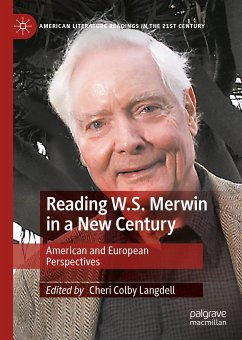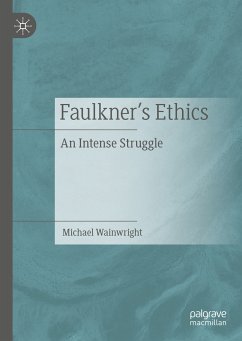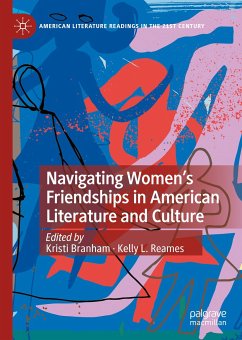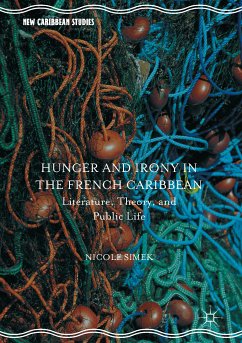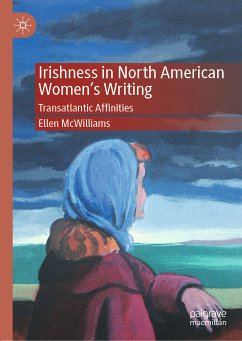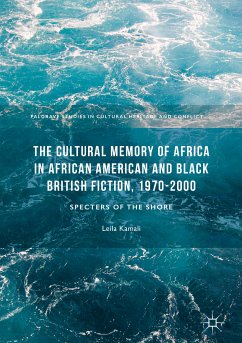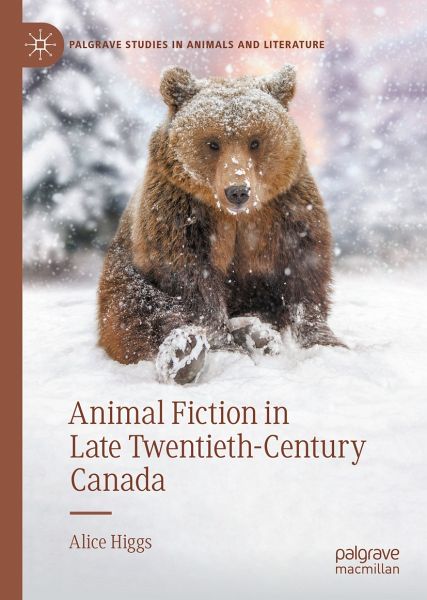
Animal Fiction in Late Twentieth-Century Canada (eBook, PDF)
Versandkostenfrei!
Sofort per Download lieferbar
88,95 €
inkl. MwSt.
Weitere Ausgaben:

PAYBACK Punkte
44 °P sammeln!
Animal Fiction in Late Twentieth-Century Canada fulfils a vital contribution to the conversation surrounding animal representation as a point of continuity in national narratives and supports the idea that focusing on narratives of responsibility and care influences better relations with both non-human animals and across settler-Indigenous boundaries. Alice Higgs engages with on-going debates regarding reconciliation by demonstrating that it is imperative to critique settler colonial environmental frameworks and place autonomy back into Indigenous communities by bringing Indigenous practices o...
Animal Fiction in Late Twentieth-Century Canada fulfils a vital contribution to the conversation surrounding animal representation as a point of continuity in national narratives and supports the idea that focusing on narratives of responsibility and care influences better relations with both non-human animals and across settler-Indigenous boundaries. Alice Higgs engages with on-going debates regarding reconciliation by demonstrating that it is imperative to critique settler colonial environmental frameworks and place autonomy back into Indigenous communities by bringing Indigenous practices of custodianship and relationality to bear more generally. This book also develops a number of conversations in animal studies in relation to the politics of representation. Higgs studies a range of canonical Canadian authors, demonstrating a progress across the period in which it is possible to identify the emergence of a literary pro-animal turn.
Dieser Download kann aus rechtlichen Gründen nur mit Rechnungsadresse in A, B, BG, CY, CZ, D, DK, EW, E, FIN, F, GR, HR, H, IRL, I, LT, L, LR, M, NL, PL, P, R, S, SLO, SK ausgeliefert werden.



